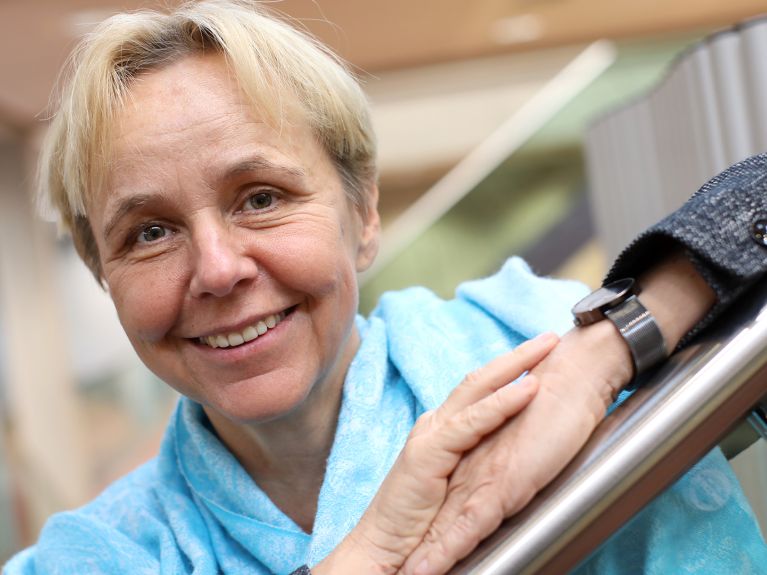“Well-thought-out proposals”
Citizens’ councils and the Conference on the Future of Europe bring people together. The democracy researcher Brigitte Geissel talks about the value of such meetings.

Professor Geissel, why do you believe that events such as the Conference on the Future of Europe or the citizens‘ councils in Germany are so important?
This kind of civic engagement can play a very important role in a democracy. It is for the most part well-educated people in middle or more advanced age who are involved in most political processes. By contrast, participants in citizens’ councils are selected at random, the aim being to reflect the entire breadth of the population. That said, it has been found that a system of stratified random selection is necessary to ensure that a citizens’ council is genuinely composed of men and women from all age groups and of different educational levels. This involves picking a very large group of people at random. Then, out of those who are willing to take part in a citizens’ council, a group is put together that reflects the general population in terms of gender, age and education. The additional advantage of having a citizens’ council that reflects society as a whole is that discussions arise between people who would normally not come together.
What are the characteristic features of these discussions?
Citizens’ councils are very different from the kind of debates people might have around a pub table. They are divided into three phases: the first part of every citizens’ council is an information phase. This is followed by a hosted discussion phase that takes place in smaller groups. At the end, recommendations for policymakers are compiled.
The heart of the Conference on the Future of Europe is a digital platform that all citizens can use to contribute their ideas. Do you believe that such a forum makes good sense?
A digital format is certainly a useful addition. It is important to distinguish between a platform on which ideas are merely gathered and one that also allows discussions to take place. It would make sense to have hosts to chair the discussions even if they are online.
Can the recommendations genuinely provide answers to difficult questions ranging from climate protection to strengthening of democracy?
Some of the recommendations are fantastic. The citizens’ council on the subject of democracy in Germany for example has presented some incredibly well-thought-out and far-reaching proposals. Experts could hardly have done any better. In the case of highly complex issues, this presupposes of course that sufficient time is made available for intensive discussions.
How great is the risk of participants ultimately being disappointed because their proposals are not implemented by policymakers?
The risk of frustration is considerable. Participants need to have the impression that policymakers engage seriously and intensively with their suggestions. That said, surveys reveal that people do not expect their recommendations to be put directly into practice, in the form of laws, for example. First and foremost, citizens want to be taken seriously.

